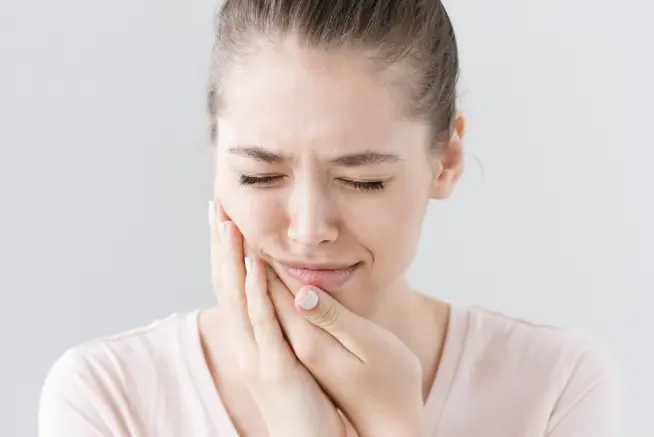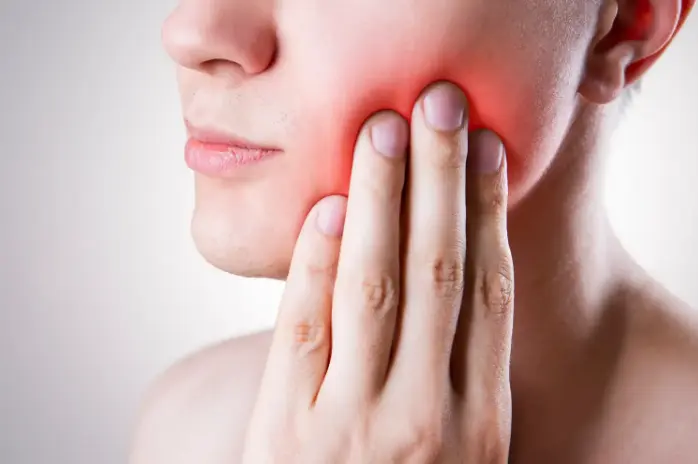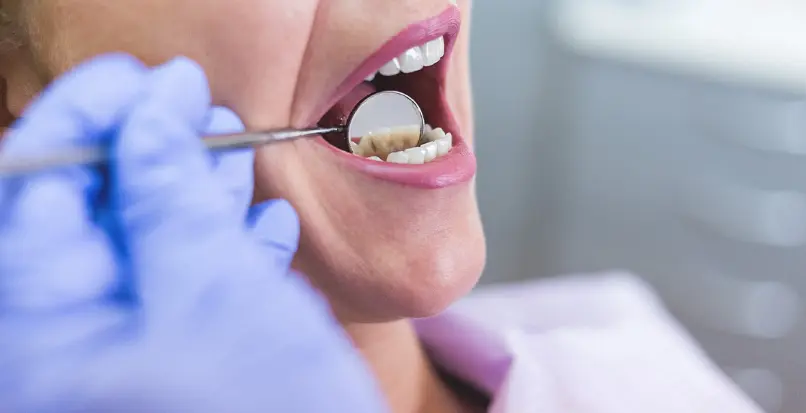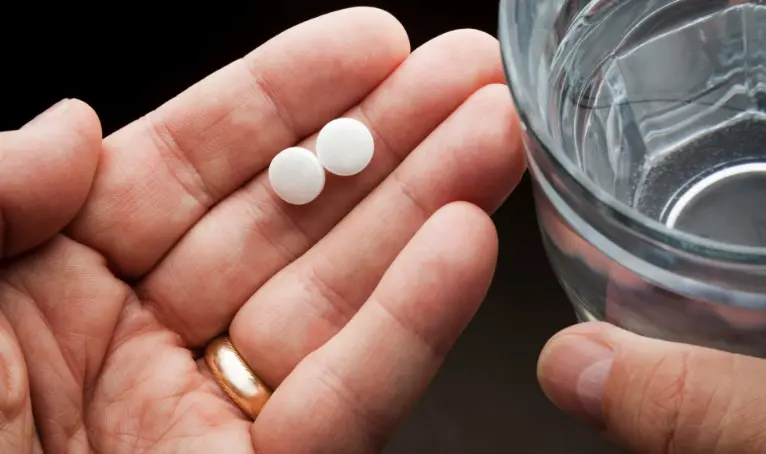Anti-inflammatory for dental pain is so important for the patients who suffer from this case, Inflammation is a dental condition affecting the body that affects one or more teeth, resulting in pain that is mild to severe and unbearable, and this may sometimes be accompanied by a high temperature, also there are many medical problems that affect the teeth, and are caused by all the bacteria that invade the tooth, causing it to swell. in this article, we will discuss this topic in detail to help you.
Anti-inflammatory for dental pain

One of the most well-known classes of non-proprietary medications for toothache inventions is non-steroidal prescription drugs (NSAIDs), four nonsteroidal agents work by producing prostaglandins, a chemical in the body that causes pain. Through their prostaglandin levels, NSAIDs help relieve pain and swelling with dental conditions such as toothaches, trichodontitis, and post-operative discomfort, you can also use:
- Antibiotics: If gingivitis is caused by a bacterial infection, your doctor may prescribe antibiotics. Antibiotics can be taken orally or applied topically to the gums.
- Antibacterial mouthwash: Antibacterial mouthwash can help kill the bacteria causing gingivitis. Look for a mouthwash that contains chlorhexidine gluconate.
- Over-the-counter (OTC) pain relievers: These medications include ibuprofen (Advil, Motrin) and acetaminophen (Tylenol). These medications can help relieve pain and swelling.
- It is also important to follow good oral hygiene practices to help prevent and treat gingivitis. This includes brushing your teeth twice a day, flossing once a day, and visiting your dentist for regular cleanings and checkups.
types of dental inflammations
There are two main types of inflammation for dental pain (pulpitis), which are as follows:
Curable tooth infection
In this type of inflammation, partial inflammation often occurs in the tooth root, which can be saved and the nerve healed once treated. Its symptoms are as follows:
- Feeling short-term pain, which usually disappears as soon as the stimulant wears off. That is, the pain occurs when eating sweets or drinking cold drinks, and it goes away several minutes after you finish eating or drinking.
- An age gap occurs, but it may not be deep.
Incurable tooth infection
This type of inflammation occurs when bacteria spread to the nerve of the tooth, causing the inflammation to become severe, and you may take Anti-inflammatory for dental painfor it according to your dentist and usually causes the following symptoms:
- Feeling severe pain may last for a long time, and may cause unability to sleep at night.
- Difficulty in locating the exact location of the pain, although 40% of people with it may not feel pain.
- Formation of a tooth abscess, which causes severe pain, especially when biting. This abscess results from an infection at the end of the tooth as a result of the spread of bacteria in the nerve, which in turn leads to the death of the nerve and the emergence of the abscess.
- A non-healing tooth infection may include other symptoms that indicate the infection has spread, such as:
- fever.
- Enlarged lymph nodes.
- Bad breath.
- Bad taste in the mouth.
- It is worth noting that if this incurable inflammation is left untreated, the infection can spread to other parts of the body, including the brain.
causes of dental inflammation
It is caused by the buildup of plaque, a sticky layer of bacteria that forms on the teeth, If plaque is not removed, it can harden into tartar, irritating the gums and causing them to become inflamed and here are the most common causes of dental inflammation you need to know before taking any Anti-inflammatory for dental pain :
- Lack of oral hygiene: not brushing teeth adequately or regularly, not using dental floss, and not visiting the dentist for cleaning regularly.
- Smoking: Smoking increases the risk of gum disease and makes it difficult to treat.
- Certain medical conditions: Certain medical conditions,
such as diabetes, high blood pressure, and autoimmune diseases, - can increase the risk of gum disease.
- Medications: Some medications, such as birth control medications
- and corticosteroids, can cause dry mouth,
which may increase the risk of gum disease.
risk factors for dental inflammation
After we learned about Anti-inflammatory for dental pain
we should discuss the risk factors for dental inflammation which include:
- Age: Gum disease becomes more common with age.
- Family history: If you have family members with gum disease,
you are more likely to develop it. - Stress: Stress can weaken your immune system,
which may increase your risk of gum disease. - Poor nutrition: A lack of vitamin C or vitamin B in your diet can increase your risk of gum disease.
- It is important to note that gingivitis is usually treatable with good oral hygiene practices. However, if untreated, it can lead to advanced gum disease, which can destroy the tissue supporting the teeth and lead to tooth loss.
- If you are experiencing any of the symptoms of gingivitis,
it is important to see your dentist as soon as possible.
cure for dental inflammation.
There are many treatments, given the existence of different types of dental inflammation, which are as follows:
Treatment of the curable type
the tooth can be saved in the event of early detection of an infection,
which is done when you go to a dentist early once you feel a little pain or you see a hole in the age.
The dentist may remove any cavity, add a filling to prevent age from being exposed, treat inflammation, and prevent re-entry.
Read more: Wisdom tooth pain
Treatment of the incurable type

When the tooth nerve dies, it cannot be recovered, but the injured tooth can be saved, as the dentist can operate on the root canal to remove the decomposed root, then fill and close the teeth.
In some cases the root canal treatment may not work,
as a result of widespread damage, the option may be to extract a tooth,
then plant a new tooth, or put a dental set.
In conclusion, Anti-inflammatory for dental pain is essential for managing dental pain effectively, whether used to relieve acute toothaches, control post-operative discomfort, or promote healing following dental procedures.


